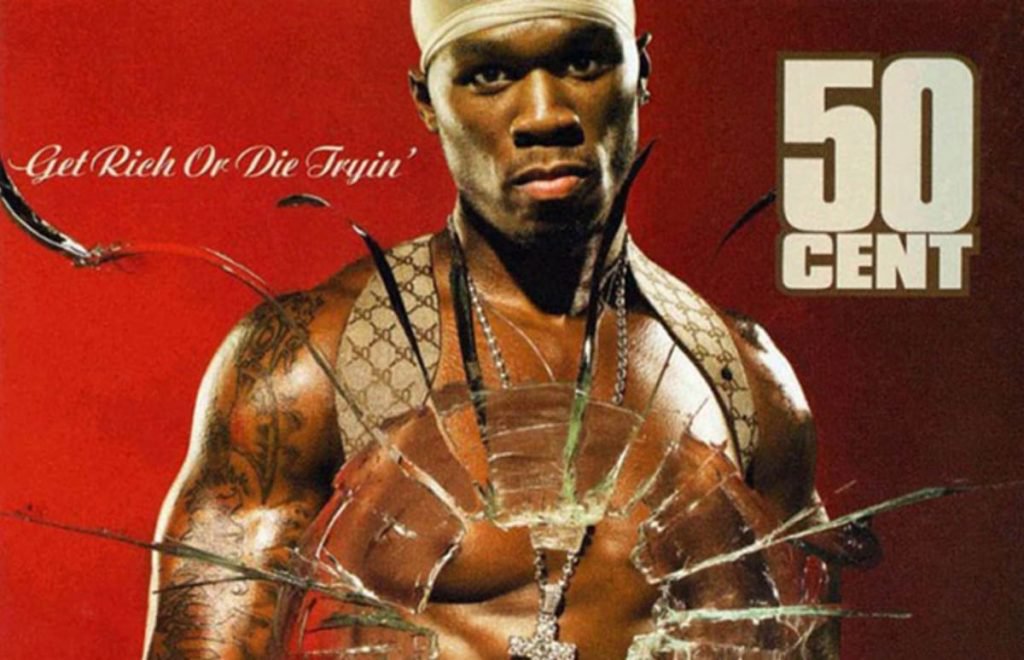Scammers are a dastardly, low down bunch. Preying on the gullible, extorting the vulnerable, and hoodwinking the hoodwinkable with their promise of free bitcoin if you send a little first and daily interest on your Bitconnect loan. It’s an indisputable fact that if the cryptocurrency space were cleansed of scammers, the web would be a better place. It’s also a fact that if you’ve been scammed of cryptocurrency, it’s probably your fault.
Also read: SEC Suspends Trading of Three Companies With Ties to Cryptocurrency
Who You Gonna Call?
 The biggest cause of crypto scams isn’t shady operators from impoverished countries. It isn’t Russian hackers with leet phishing skills and it isn’t conniving con artists pawning spammy links. No, the biggest cause of cryptocurrency scams is greed. And not their greed – yours. If you lost money in Bitconnect or Davorcoin or to an email phishing scam or to “Vitalik Buterin” promising you free ETH on Twitter, you’re not the victim – you’re the culprit.
The biggest cause of crypto scams isn’t shady operators from impoverished countries. It isn’t Russian hackers with leet phishing skills and it isn’t conniving con artists pawning spammy links. No, the biggest cause of cryptocurrency scams is greed. And not their greed – yours. If you lost money in Bitconnect or Davorcoin or to an email phishing scam or to “Vitalik Buterin” promising you free ETH on Twitter, you’re not the victim – you’re the culprit.
If people didn’t keep taking the bait, scammers wouldn’t keep scamming. If no one bought into Bitconnect, Bitconnect couldn’t have exited with millions of dollars. If you want to get rich off crypto, put some money into three major cryptocurrencies you believe in, store them on a hardware wallet and forget about it for five years. Come 2023, you could be rich, you could be poor or you could be somewhere in between but one thing you won’t be is scammed.
Unfortunately, many crypto investors seem to have adopted the 50 Cent mantra of “Get rich or die tryin’”. When the shit hits the fan, instead of recognizing their foolishness and wising up, they lash out, blaming anyone and everyone. It’s Twitter’s fault for permitting lookalike accounts. It’s regulators’ fault for not cracking down on these chancers. It’s ICOs fault for allowing scammers in their channel. It’s the media’s fault for causing FUD, forcing Bitconnect to withdraw their stellar lending service. No, it’s your fault. No one else’s. Yours.

A Plea of Mitigation

Let’s be clear though: victims of cryptocurrency scams – no matter how naive or avaricious they may have been – don’t deserve ridicule. There is no poetic justice in watching the greedy get deprived of the very thing they crave, and there is no satisfaction in watching scammers walk away with millions of stolen ether. It’s possible to feel a twinge of sympathy for victims whilst also feeling that they brought it on themselves. But sympathy won’t get their money back. Nor will encouraging them to go crying to their Congressman. The only way to stop this sort of stuff from happening is to tell it like it is. So here goes:
Stop taking the bait. Stop buying into schemes that look too good to be true. And stop encouraging your friends and relatives to buy into them too. Cos if there’s any subset of victims who don’t deserve the fate, it’s those who were lured into the Ponzi scheme by people they trusted. There’s a steep learning curve with cryptocurrency. Anyone entering the space for the first time can be forgiven for feeling overwhelmed and ill-informed. That’s why it’s important to get the lie of the land before jumping in with both feet. Buy some bitcoin. Purchase a Crypto Kitty. But don’t, under any circumstances, enter into coins, schemes, and ICOs you don’t understand and haven’t researched.

Astonishingly, a vigilante group set up to track down the Bitconnect scammers is now seeking to fund its operations by holding an ICO for its own Justice Coin, which features a “daily profit bot” promising 2% daily returns. Less astonishingly, some of the victims of Bitconnect will buy into it and get scammed again – possibly by the very same people behind Bitconnect. In an information age where the answer to “Is this a scam?” is never more than a google away, there’s no excuse for getting duped. If you’ve been scammed out of cryptocurrency, it’s probably your fault.
Do you think scam victims bring it on themselves or should the blame fall squarely on the scammers? Let us know in the comments section below.
Images courtesy of Shutterstock, and Twitter.
This is an Op-ed article. The opinions expressed in this article are the author’s own. Bitcoin.com does not endorse nor support views, opinions or conclusions drawn in this post. Bitcoin.com is not responsible for or liable for any content, accuracy or quality within the Op-ed article. Readers should do their own due diligence before taking any actions related to the content. Bitcoin.com is not responsible, directly or indirectly, for any damage or loss caused or alleged to be caused by or in connection with the use of or reliance on any information in this Op-ed article.
The post If You’ve Been Scammed Out of Cryptocurrency It’s Probably Your Fault appeared first on Bitcoin News.














